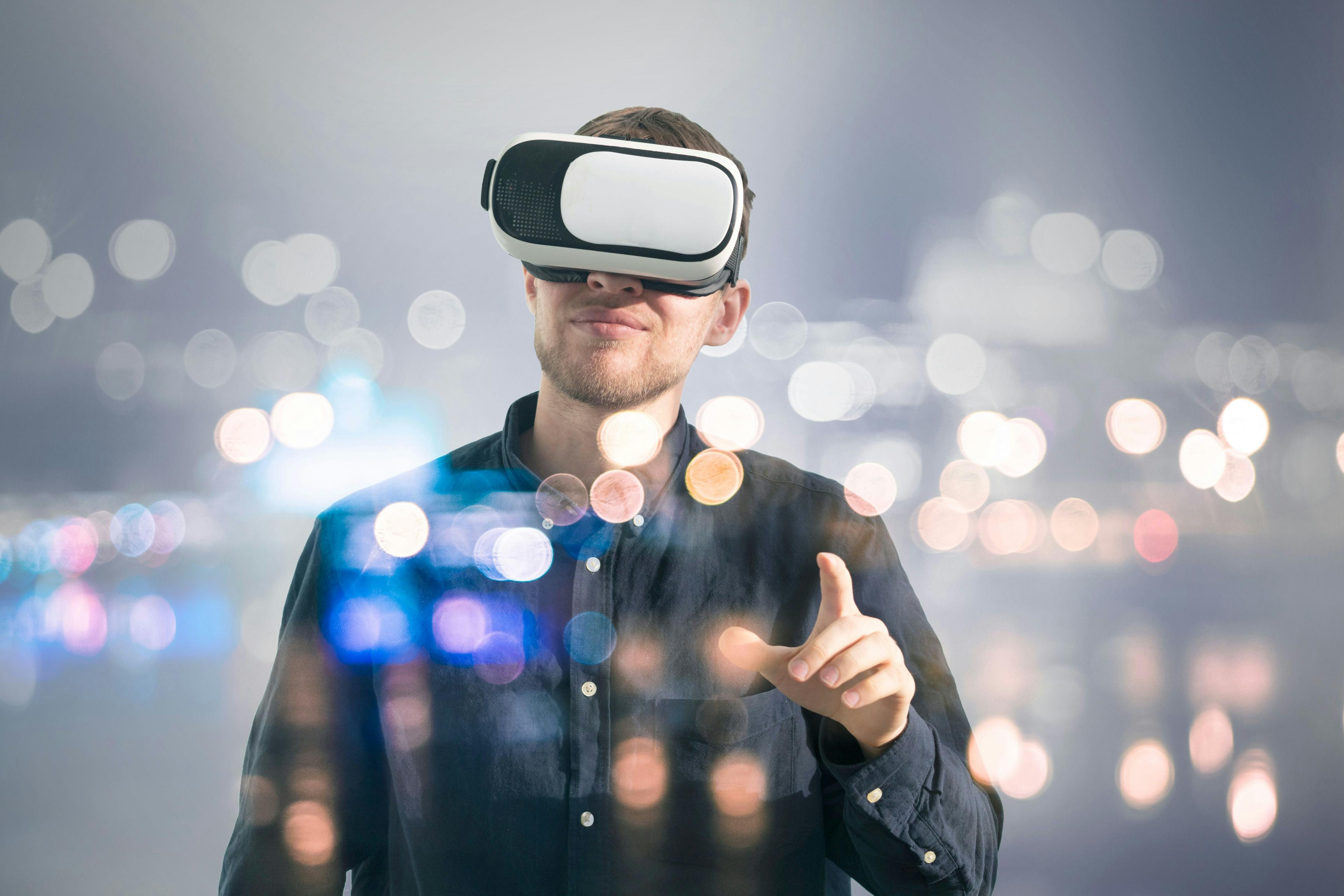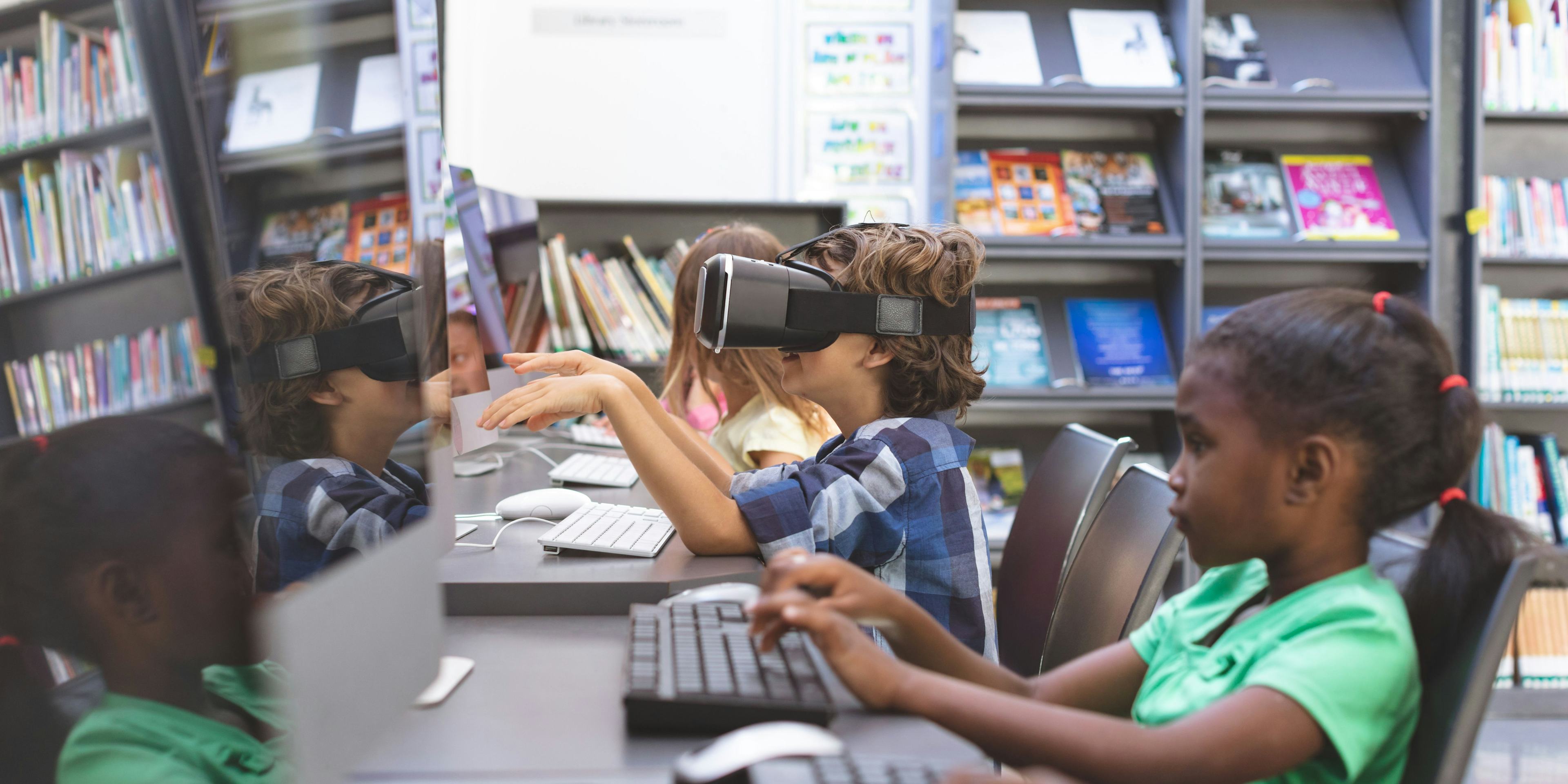
Augmented Reality
Explore the transformative power of augmented reality (AR) in enterprise technology with this comprehensive analysis. Delving into the evolution of AR across industries, from education and healthcare to environmental conservation and cultural preservation, this article uncovers key trends, applications, and future prospects shaping the digital landscape. Discover how AR revolutionizes education and training through immersive learning experiences, transforming healthcare patient care and medical training and driving environmental conservation efforts. With continued AR hardware and software advancements, businesses are poised to unlock new opportunities for innovation, collaboration, and growth, shaping the future of enterprise technology in profound and meaningful ways.






